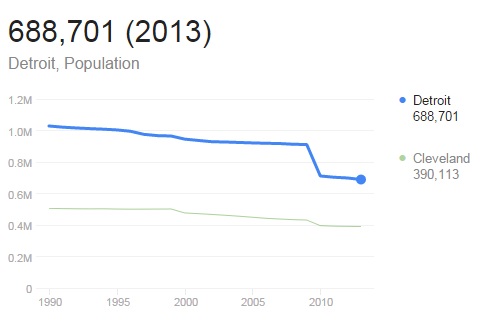
- A supply chain issue caused shortage in Apple’s new iWatch:
Taptic Engine components manufactured by AAC Technologies Holdings Inc. “started to break down over time,” a manufacturing defect that “people familiar with the matter” say caused Apple to throw out some watches that had already been built.
- Big Company Supplier Squeeze – A Disturbing Trend Continues
Such attitudes are on display in a recent New York Times article that revealed that some sizable, global companies are now asking for 120 days – four months – to pay their suppliers. They are doing so even as they continue to require 30 days payment from their customers. This practice has been prevalent in the food and beverage industry, following the lead of Anheuser Busch who initiated these onerous payment terms on their suppliers back in 2008. The article suggests that many others in varying industries are now following suit not because they are in financial dire straits but, well, because they can.
- Supply chains ‘extremely important’ to success of healthcare firms, says survey
“The importance of the supply chain in the competitive strategy of healthcare products companies is clear, and many companies in the field have committed to innovation in order to address the challenges described,” said the report. “But the modern supply chain is too complex for any one company to face on its own. Companies need to build a trusted network of experienced and reliable vendors.”
- How Strategic Sourcing Can Save a Bundle
A branch of the Texas Procurement and Support Services Division analyzed spending data for commonly purchased goods and services and developed new contracts to secure better prices. Contracts and vendor performance are monitored to ensure compliance. And in Texas as elsewhere, centralization of purchasing maximizes buying power and cost savings for agencies’ commonly competitively-purchased goods and services, while real time-data is used to make smart purchasing choices.
http://www.governing.com/gov-institute/voices/col-how-strategic-sourcing-save-money-procurement.html
Note: These last two articles about “supply chain management is good” is the reason why this report isn’t published every week. Good, interesting content, is limited. The same basic ideas and statements are repeated each week. When I see something good or a great example, there will be a post.




